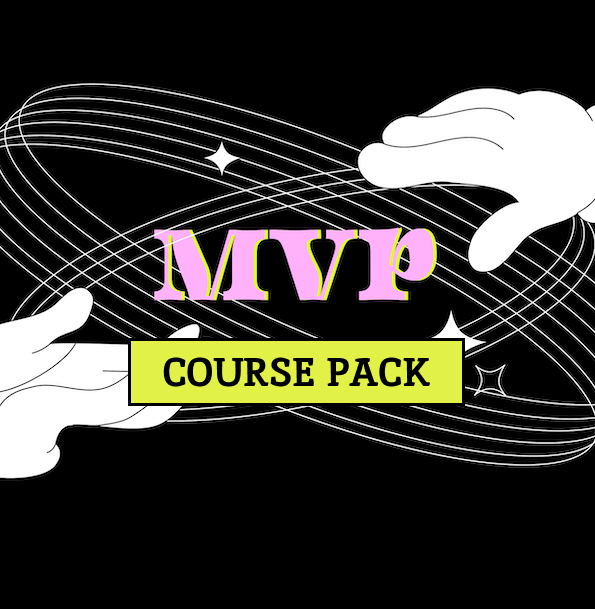Course Overview: Wireframing and Prototyping - Creating Low-fidelity Designs
Welcome to the world of Wireframing and Prototyping, where ideas take shape and designs come to life through low-fidelity representations! This course, "Wireframing and Prototyping: Creating Low-fidelity Designs," is a comprehensive exploration of the essential techniques and tools used to bring conceptual designs into tangible form.
Throughout the course, participants will delve into the fundamentals of wireframing, learning how to create simplified, yet informative representations of user interfaces. By understanding the significance of user flow and layout, students will craft wireframes that prioritize usability and intuitive navigation.
The curriculum also covers the art of prototyping, where low-fidelity designs are transformed into interactive and clickable models. Participants will gain hands-on experience using prototyping tools to simulate user interactions and test the functionality of their designs.
Understanding the iterative nature of the design process, students will learn to gather feedback and insights through user testing and refine their wireframes and prototypes accordingly. This iterative approach ensures that design decisions are data-driven, resulting in user-centric and optimized interfaces.
As part of the course, participants will engage in practical exercises, developing wireframes and prototypes for real-world scenarios. They will receive constructive feedback and guidance from instructors, strengthening their wireframing and prototyping skills.
Moreover, the course emphasizes collaboration and communication in the design workflow. Participants will learn to effectively present and communicate their design concepts to stakeholders, facilitating meaningful discussions and buy-in for design decisions.
By the end of this course, students will have honed their wireframing and prototyping abilities, ready to become proficient UX designers, product managers, or entrepreneurs. Armed with low-fidelity designs that effectively convey their ideas, participants will be equipped to craft compelling and user-friendly digital experiences that drive innovation and delight users.

